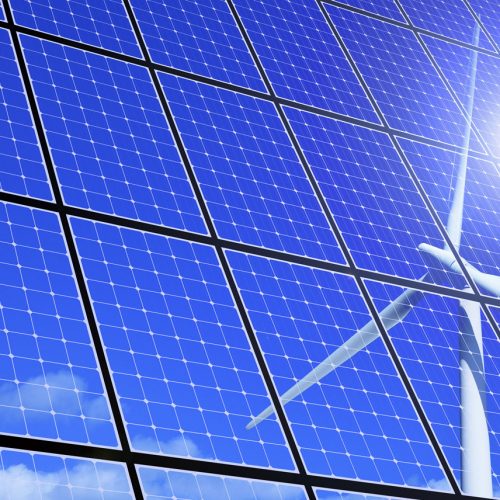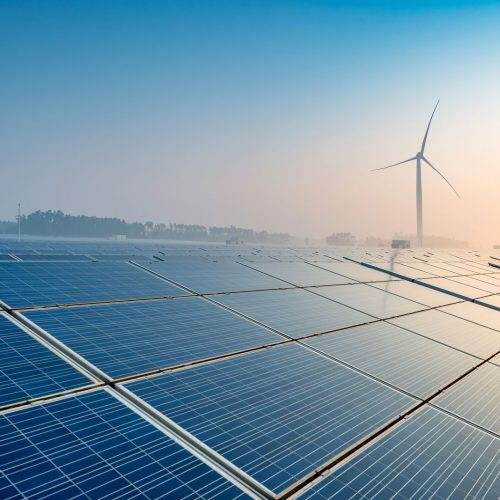
Electricity

Reality Check: Debunking the Renewables “Disinformation Campaign”
According to Fox Business reporter Shibani Joshi, renewables are successful in Germany and not in the U.S. because Germany has “got a lot more sun than we do.” Sure, California might get sun now and then, Joshi conceded during her now-infamous flub, “but here on the East Coast, it’s…

For As Long As The Sun Shines: The Non-Crisis of PV Module Reliability
What’s included in every Yugo owner’s manual? A bus schedule. This is just one of countless jokes about the car that some have called the worst in history and that TIME magazine named to its list of “50 worst cars of all time.” Many people realize…

Sustainability at Colleges and Universities: A Higher Calling for Higher Education
Sustainability on college campuses used to bring to mind images of recycling bins in the student centers. Today, more and more U.S. colleges and universities are recognizing the larger possibilities of taking a whole-systems approach to making their campuses more sustainable.

Germany’s Renewables Revolution
While the examples of Japan, China, and India show the promise of rapidly emerging energy economies built on efficiency and renewables, Germany—the world’s number four economy and Europe’s number one—has lately provided an impressive model of what a well-organized industrial society can achieve. To be sure, it’s not yet the…

Asia’s Accelerating Energy Revolution
In late 2012, RMI’s cofounder, chairman, and chief scientist Amory Lovins spent seven weeks in Japan, China, India, Indonesia, and Singapore observing Asia’s emerging green energy revolution. In February 2013, he returned to Japan and China. Japan, China, and India—all vulnerable to climate change—turned out to be in different stages…